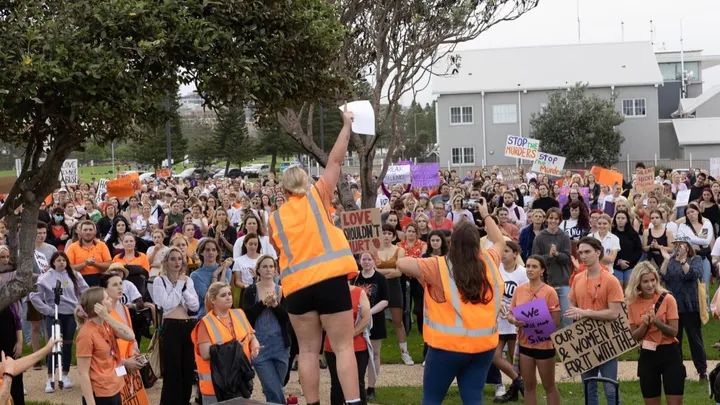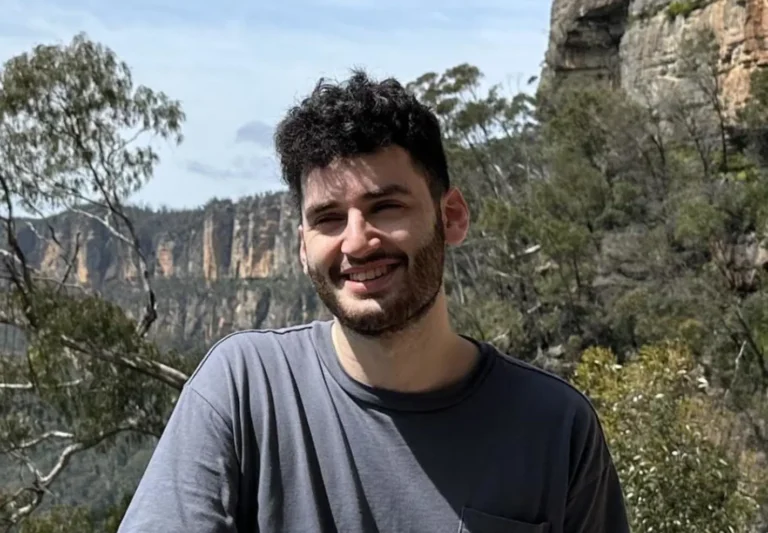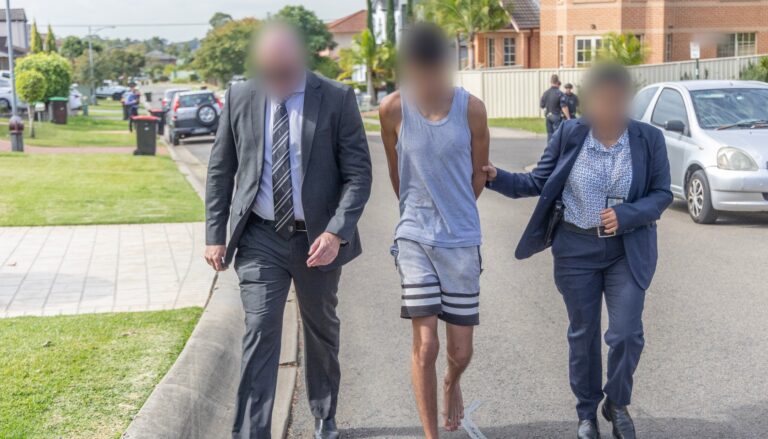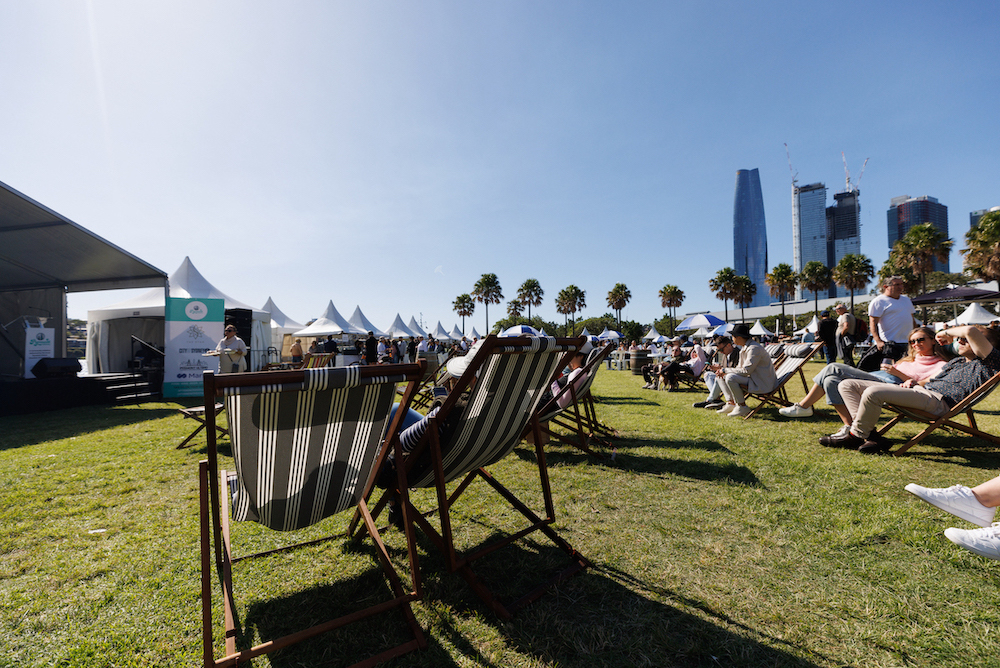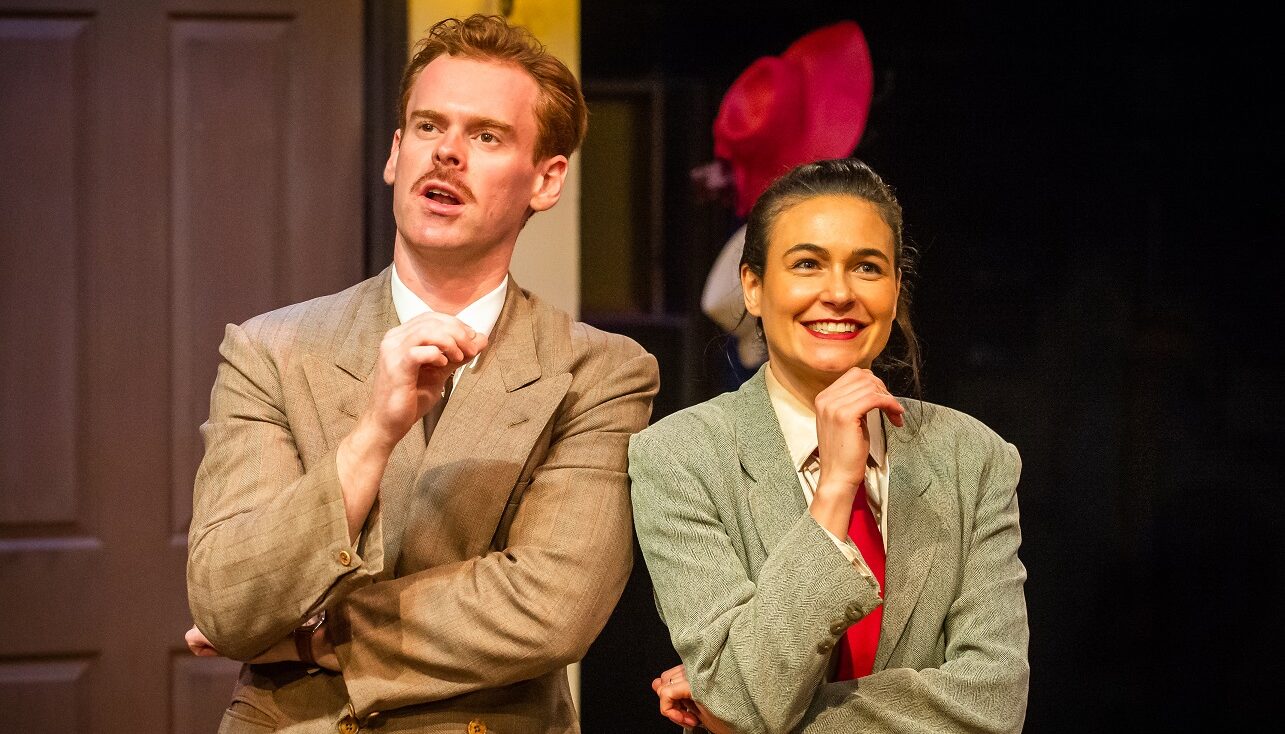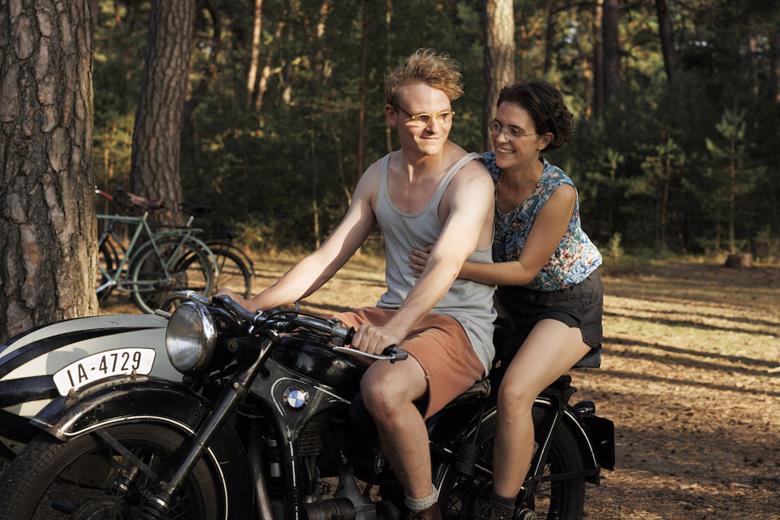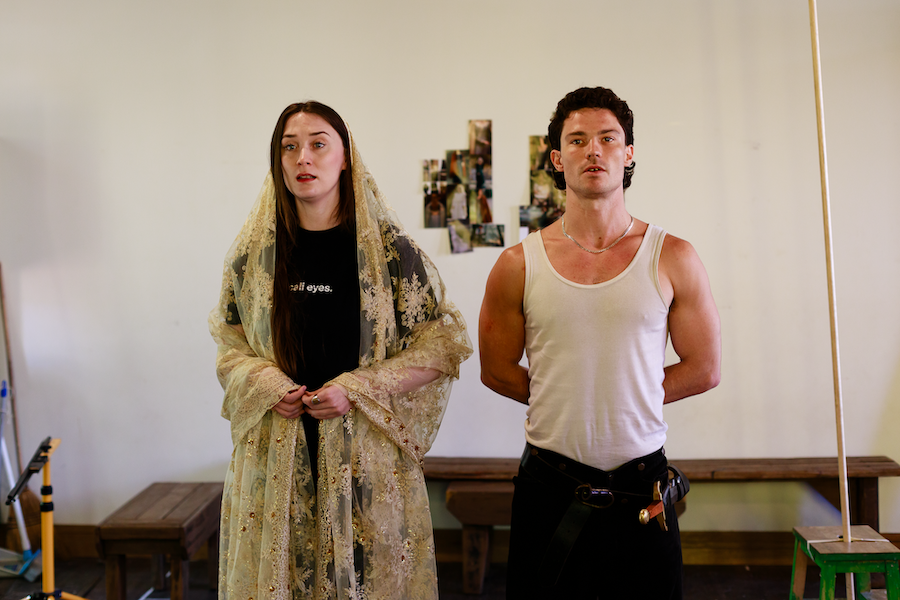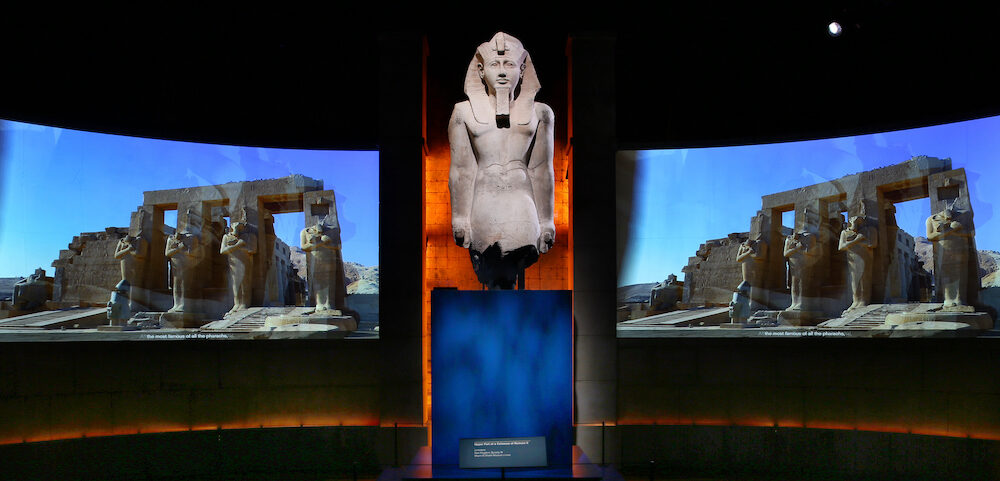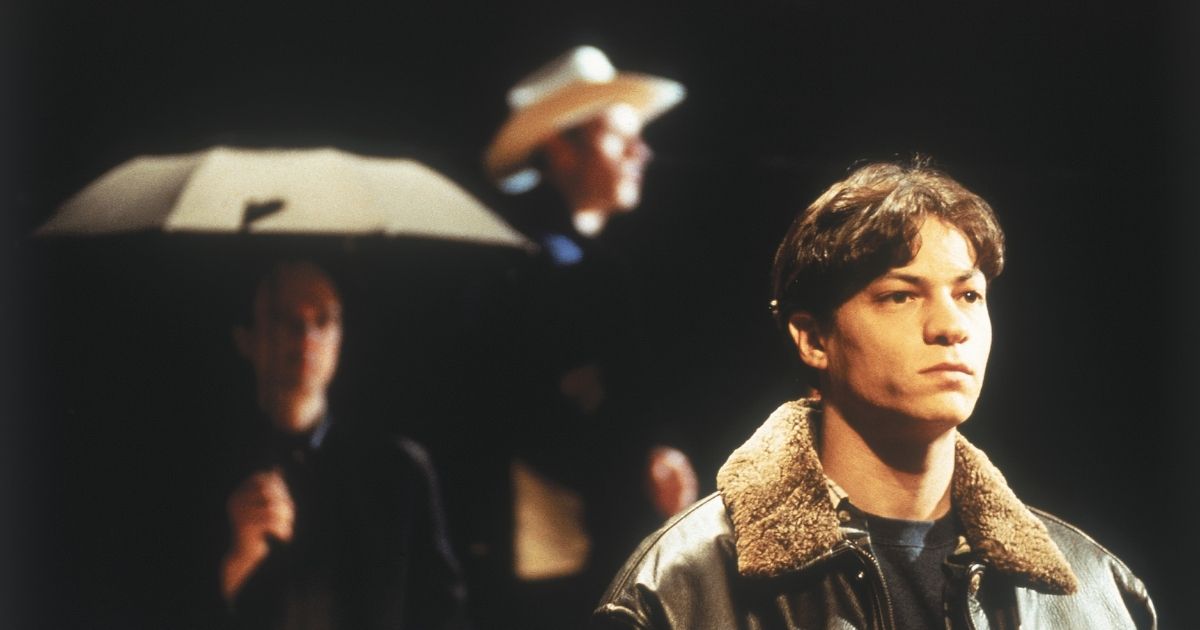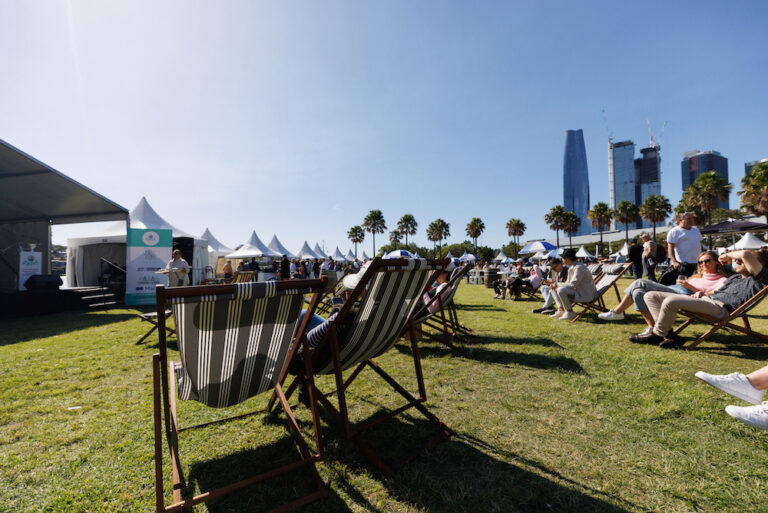
Keeping It Reel
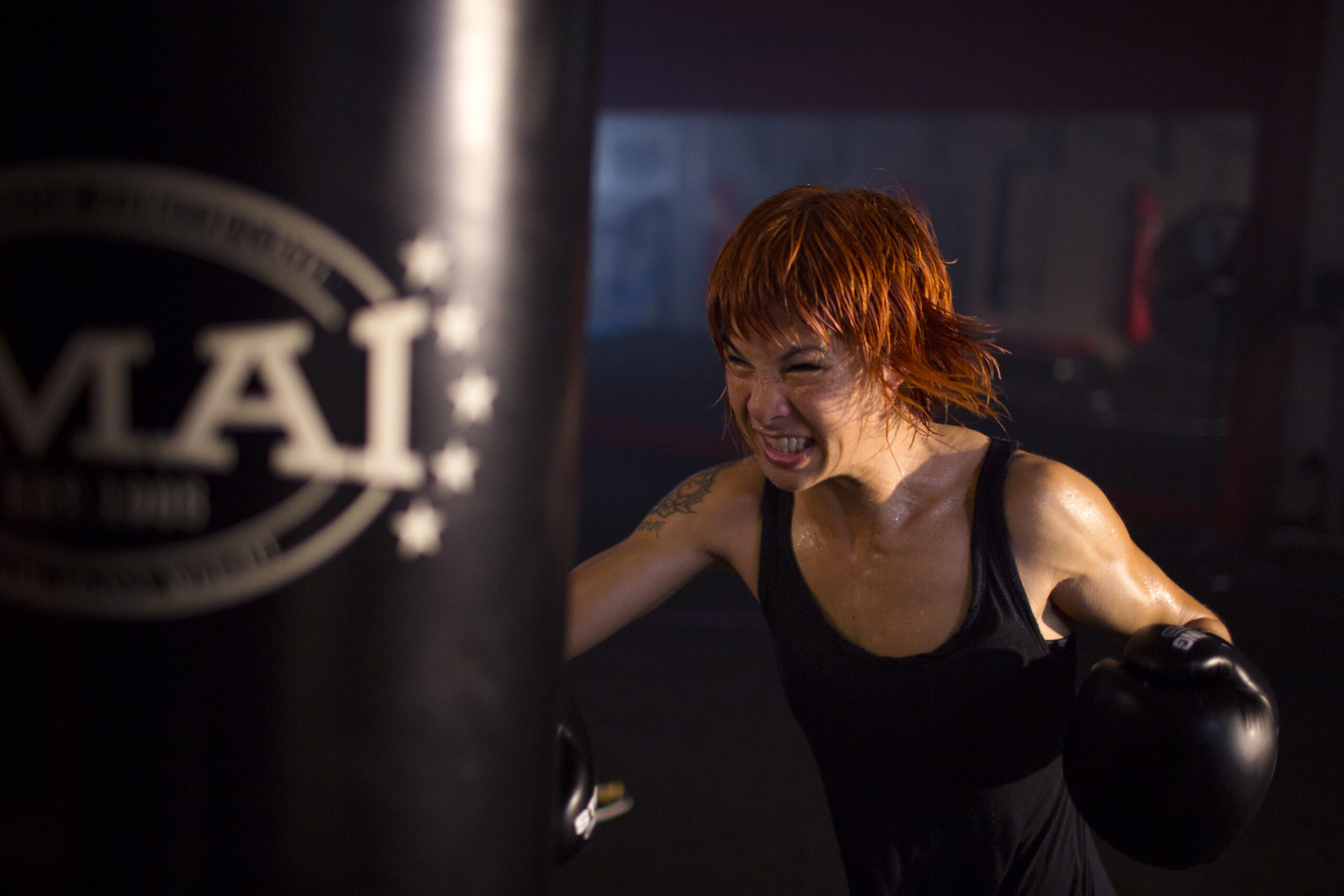
By Rita Bratovich.
In 1982, a group of Australian women formed Women In Film & Television (WIFT), an organisation that advocated for better representation of female workers in the industry. Some thirty-five years later, that group is still as active and still as relevant as ever – perhaps even more so.
Women continue to be shunned in a screen industry that holds steadfast to an ingrained patriarchal infrastructure and psyche. That’s why festivals such as For Film’s Sake (FFS), created by WIFT, are vital. FFS (formerly World Of Women or WOW) curates films in which at least four of the key roles (director, producer, writer, cinematographer, lead protagonist) have been fulfilled by women. Festival Director Sophie Mathisen describes the FFS as being very inclusive, representing people from transgender, LGBTIQ, socio-economically disadvantaged, religious, cultural and disenfranchised communities.
“We want to make FFS the benchmark for ethical programming… we want to make sure we’re looking at the marginalised voices and make sure we give them a platform,” she explains.
As well as accepting submissions, Mathisen and her FFS colleagues keep abreast of festivals and industry activities around the globe to ensure they get a good range and calibre of films. What makes this festival particularly special is the presentation, or what Mathisen calls “activations”. Rather than all being shown in a cinema, they have engaged nine offsite activations, that is, unorthodox environments that will add a more ambient, immersive experience to the screenings. One film, Beijing Being will be shown in the Chinese Gardens, where people can walk around while viewing it.
“It’s really about making content special again…it’s not enough anymore to sit in a cinema passively,” says Mathisen.
Burqa Boxers, a documentary about a group of Muslim girls in India learning to box, will be preceded by an actual boxing match in which women from the festival will partake.
“We’ve got a few pretty insane things happening – we’ve got a horror marathon in a car park. We’ve got a film that’s all about Beyonce so we’ve got a Beyonce dance party that precedes it.”
There are also two children’s films which have been included as a response to the mainstream narrative in kids’ film that reinforces negative status quo. Supergirl is an American film about a 12 year old Orthodox Jewish girl who is a power lifting champion. Credible, Likeable, Superstar Role Model looks at an Aunty and her niece who create the ideal role model for young girls and teens: she’s a Palaeontologist by day and pop-star by night. The latter film is being screened at the Australian Museum.
This year the festival is particularly exciting for film makers because it will debut The Big Pineapple competition. With a single winner receiving $50,000 cash and around $100,000 worth of post production to go towards making a film, the interest has been immediate and intense. Women are required to write a film pitch which, apart from the synopsis, must nominate female crew members in at least four key roles (the same requirement as per FFS eligibility).
The judging panel consists of Mathisen and a selection of prominent female film makers. One of those is Louise Wadley, a writer and director whose most recent film, All About E, was a hit at the Mardi Gras Film Festival and has generally been well received on the circuit. It has been included in FFS program.
For Wadley, it’s not just women, but diversity in any form that seems to be a problem. When she was casting the lead role in All About E, a young Arabic lesbian, she was repeatedly told: if you made her anglo-Australian your life would be so much easier – I could get you this person or that person…
“They are really stuck in the dark ages,” Wadley comments, frustrated at the dogged opinion that diversity is not commercial.
“Look at Hidden Figures – it’s blowing everyone out of the box office!” Wadley cites the film as an example of how out of touch the industry conservatives are. “Everyone saw that project, it went around the houses for about 10 years before it finally got made.”
Going from being a gaffa (film set electrician) to co-founding Girls Own Pictures, Wadley has observed female exclusion at all levels. Her involvement in The Big Pineapple competition confirms it.
“I have been absolutely staggered by how many people are interested in this… all that tells me is that there are so few opportunities for women,” she laments.
Velinda Wardell ACS has been a member of the Australian Cinematographers Society since the beginning of her career. It was and continues to be a source of support, knowledge and networking. Four years ago, she helped form a women’s advisory panel to address issues and improve representation of female cinematographers.
While she acknowledges the value of festivals such as FFS and initiatives like The Big Pineapple, she still believes quotas are needed to get women into mainstream cinema and media.
Wardell’s own personal experience in the industry has been positive but she appreciates that many women, especially with technical skills, get ignored. Also a Big Pineapple judge she sees side benefits to the competition.
“One of the things in the competition that I’ve been really excited about is seeing the flurry of people desperately trying to work out who the female cinematographers are in their area that they can connect with,” she says, explaining that it will raise visibility, forge relationships and perhaps give people the impetus to make their films, regardless of whether they win.
Her advice to young women entering the industry:
“Turn up to technical evenings and screenings and enter work in awards, because … part of it is just participating.”
Apr 26-30, Tickets & Info: www.forfilmssake.org
